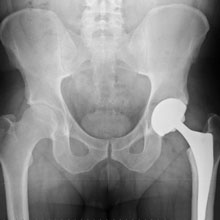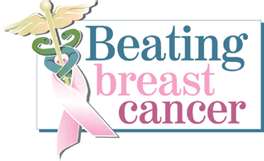Health insurance isn’t always financially viable. The charge is calculated based on your age, health, location, income, and your job status. Large companies often use health insurance as an employee benefit, which can be ideal for many Americans. For those unlucky enough to find themselves freelancing or in a job which does not cover insurance, they will have to purchase it themselves.
If you are over 65, poor, or disabled, you may be eligible for health insurance welfare off the government’s back.
Premiums
A premium is what you pay monthly to health insurance companies to cover you if you see a doctor, are hospitalised, or need medication. The higher your age, the higher your premium. Another few factors that can boost up your premium costs are dangerous jobs or serious health problems.
Out-of-Pocket
Out-of-pocket expenses are exactly what they sound like. These fees come from you for services that aren’t covered by your premium.
Deductible
A deductible is an amount you have to pay out of pocket for your own health care costs. Usually decided by a yearly tally, your insurance will only pay costs that exceed this sum of money.
Coinsurance
You have to pay a percentage of the surplus charges from a deductible – this usually amounts to about 20%.
Most Americans receive their health insurance via their employers. In 2010, 85 million Americans had their health insurance covered by the government, but staggeringly, 45 million didn’t have health insurance at all.
58% of people didn’t claim the health care they needed in 2012 because they couldn’t afford it. Those that do pay the price are constantly worrying that they won’t be able to pay medical bills. Without a public health system many people are just going without health care. Prices for medical and health related services just keep rising.
Is Health Care Worth the Hastle?
Maybe not. Those who are reasonably healthy and young may end up paying more in health care fees ultimately than if they were uninsured. On average an annual premium for a single person is $2,985. For those that rarely need medical attention, this is an unfeasible amount of money to dish out every year; especially if they don’t have much disposable income.
Serious medical problems don’t tend to appear until later on in life. Paying almost $3,000 on medical care that you’ll never need seems like a huge waste. There is a myth that you won’t receive emergency treatment if you’re not insured – everyone receives this regardless, and you can pay back the medical costs in increments. Putting aside money in an emergency fund may be wiser than putting it in the hands of insurance companies.
However, if you are fit and healthy, your premium price will reflect this. Accidents, like torn ligaments, can crank up debt to hundreds of thousands of pounds. So, even if your premium costs save more in the long term, it might potentially stop you from falling into debt.
For advice on just about everything, from healthy lifestyles to Food flavourings tweet @Scramboodle.











